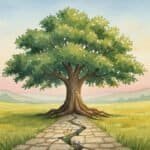It’s the question that cuts through all the noise, isn’t it? Strip away the mortgage payments, the utility bills, the grocery budget anxiety, and what remains? What would you actually choose to do with your days if survival wasn’t part of the equation?
Table of Contents
This isn’t about fantasizing over lottery tickets or dreaming of private jets. It’s about something more honest and revealing. The life that lives quietly in the back of your mind, waiting for permission to emerge.
The answer reveals more about who we really are than almost any other question we could ask ourselves.
The Dreams We Keep on Hold
Money has this way of narrowing our vision. We make choices based on what pays the bills rather than what lights us up inside. The steady job over the meaningful work. The practical decision over the passionate one. The safe path over the authentic one.
But when we remove financial pressure from the equation, something interesting happens. The real preferences surface. The genuine interests that got buried under years of “being responsible.” The activities that energize rather than drain us.
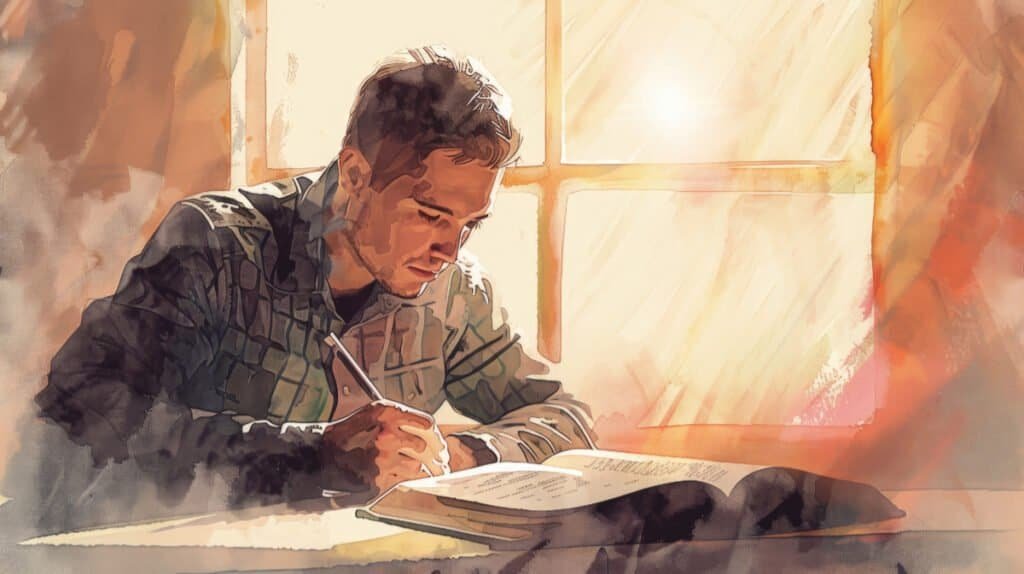
Some people discover they’d choose work that pays less but feels more meaningful, like teaching children with learning difficulties, writing poetry, or tending community gardens. Others realize they’d pursue creative endeavors they’ve been putting off for decades, like learning the piano, painting landscapes, or writing that novel that’s been brewing for years.
There are those who’d travel not for Instagram photos but for genuine cultural immersion, spending months learning languages, living simply in different communities, and understanding how others spend their daily lives. And then there are people who’d go in the opposite direction entirely. They’d stay exactly where they are but finally have time to notice the richness that was there all along.
What dreams have you been keeping on hold until “someday”?
The Quiet Revolutions
Not everyone’s answer involves dramatic life changes. Sometimes the most profound shifts are the quietest ones.
Many people realize they’d work less because they’d finally have space to appreciate what they already have. Time to cook meals from scratch. Extended conversations with friends and family. Long walks without checking the time. Reading books that take weeks to finish because there’s no rush.
Others discover they’d actually work more, but at completely different things. The accountant who’d run a dog rescue. The office manager who’d teach literacy to adults. The retail worker who’d restore old furniture and give it away to families who need it.
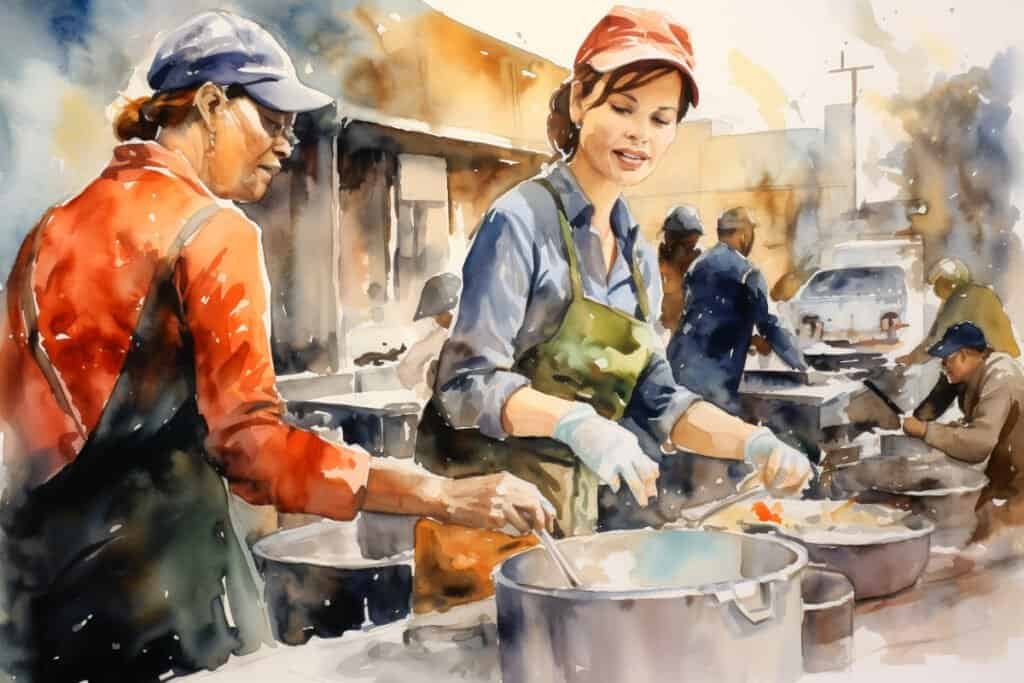
There’s something powerful about realizing that given unlimited resources, many of us would choose to serve others in ways that don’t generate income. Volunteering at hospitals, mentoring young people, supporting elderly neighbors, fostering animals, or helping those in pain. These are activities that create value beyond monetary measure.
Some would pursue learning for its own sake: studying astronomy not to become an astronomer, but because the universe fascinates them. Learning woodworking not to start a business, but because working with their hands brings peace. Exploring philosophy not for career advancement, but because big questions deserve thoughtful consideration.
If you could work at anything without worrying about pay, what would you choose?
The Geography of Freedom
Location becomes a choice rather than a compromise when money isn’t a constraint. But the answers reveal interesting patterns about human nature and what we truly value.
Some people would move immediately to mountains where the air is cleaner, or coastlines where they can watch sunrise over the water, or to small towns where everyone knows their name. They’d choose places that feed their souls rather than their bank accounts.
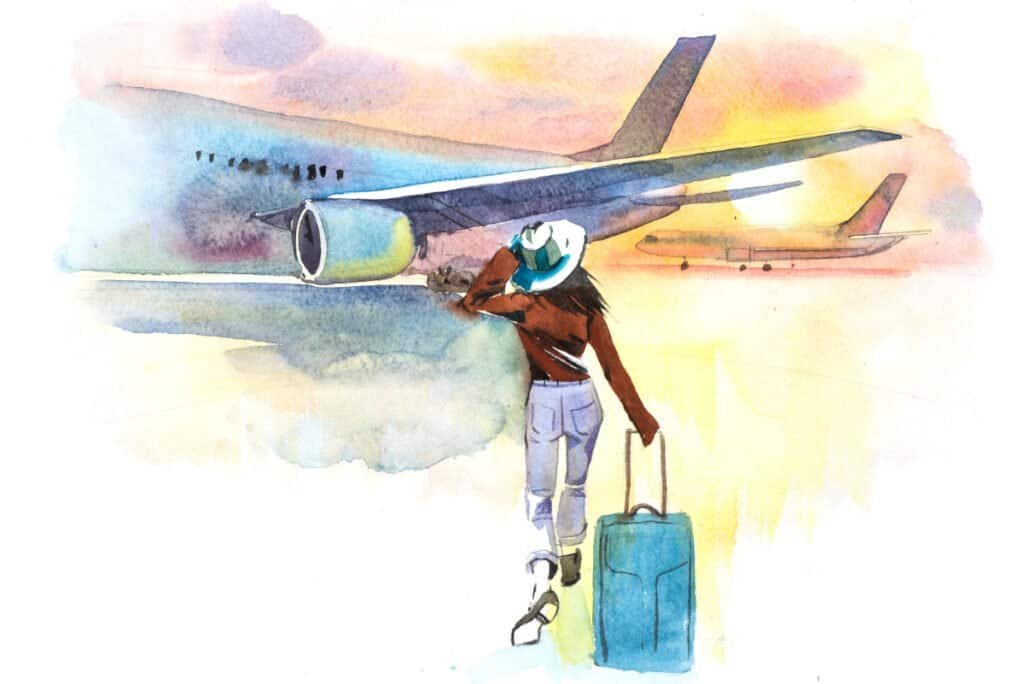
Others would stay exactly where they are but transform their experience of it. They’d walk more, drive less. Shop at farmers markets instead of big box stores. Get to know their neighbors instead of just waving politely. They’d become tourists in their own communities, discovering local history and hidden gems they’d been too busy to notice.
There are those who’d split their time between winters in warm places, and summers in familiar surroundings. They’d finally be free to follow the lifestyles that make sense for their bodies and spirits.
And surprisingly, many people realize they’d actually simplify their living situations. Smaller homes that require less maintenance. Fewer possessions that demand less attention. More garden space. Less square footage to clean. The freedom to choose quality over quantity in everything from furniture to friendships.
Where would you choose to wake up each morning if location was purely your decision?
The Relationships That Would Flourish
Without financial pressure constraining our time and energy, relationships take on different dimensions. The connections we’d cultivate if we weren’t constantly rushing from one obligation to another.
Many people would spend more time with aging parents, finally having patience for repeated stories and the luxury of unhurried visits. They’d be present for grandchildren’s soccer games and school plays instead of sending regretful texts about missing another event.
Some would reconnect with old friends through actual conversations, shared meals, and activities that create new memories rather than just reminiscing about old ones. They’d have time for the kinds of friendships that develop slowly and deepen over years.
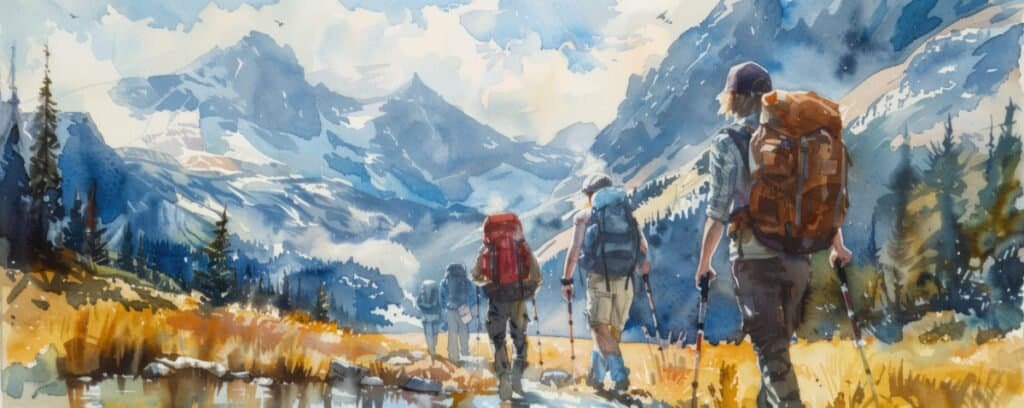
Others would build new relationships around shared interests rather than convenience. Joining hiking groups, book clubs, volunteer organizations, or hobby communities where connections form naturally around genuine common ground rather than just proximity.
There’s also the relationship with solitude that changes when it’s chosen rather than imposed. Time alone becomes restorative rather than lonely when it’s balanced with meaningful connection and purposeful activity.
What relationships would you invest more deeply in if time and energy weren’t so constrained?
The Creative Lives We’d Lead
Remove financial necessity from the equation, and creativity often emerges as a central theme. Not necessarily artistic creativity, though that’s common, but the broader human need to create, build, and contribute something meaningful to the world.
Some would write, maybe not bestsellers, but family histories, community newsletters, letters to friends who live far away. Others would cook, spending hours developing recipes and sharing meals with people they care about rather than grabbing quick dinners between obligations.
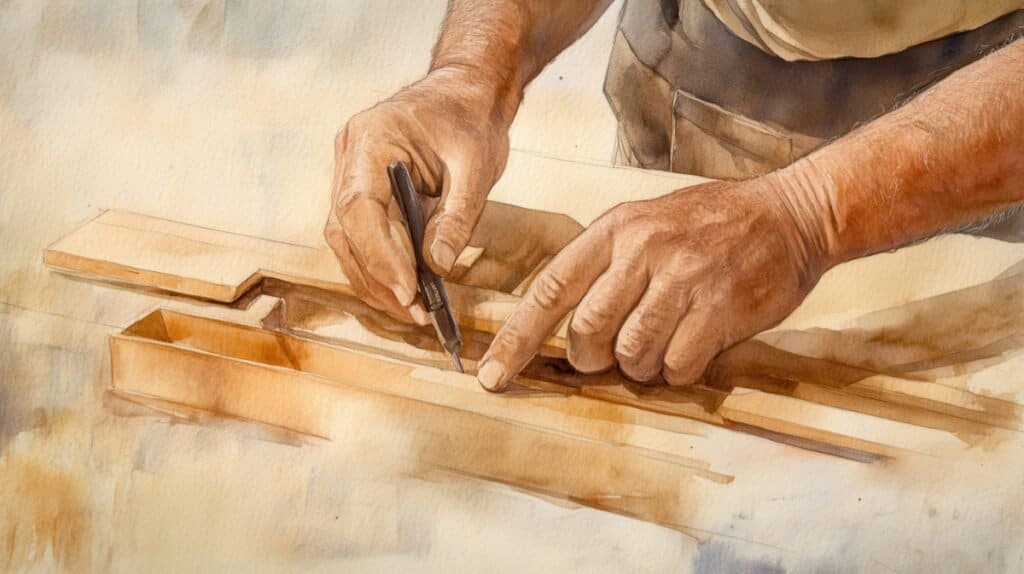
There are those who’d work with their hands building furniture, growing vegetables, restoring old homes, or crafting useful items for local communities. The satisfaction of creating something tangible in a world that often feels increasingly abstract and digital.
Many would document their communities, photographing local characters, recording elderly residents’ stories, or creating archives of places and traditions that might otherwise be forgotten. Preserving these pieces of human experience could feel important and meaningful more than a way to get fame or profit.
Others would teach, sharing skills they’ve developed over decades with people just starting their journeys. Not necessarily formal education, but the kind of mentoring that happens naturally when someone with experience has time to guide someone with enthusiasm.
What would you create if the only measure of success was personal satisfaction and positive impact?
The Permission We’ve Been Waiting For
Perhaps the most interesting aspect of this question is how often the answers don’t actually require unlimited money. They require permission from ourselves and sometimes from others to prioritize meaning over income, connection over achievement, and authenticity over approval.
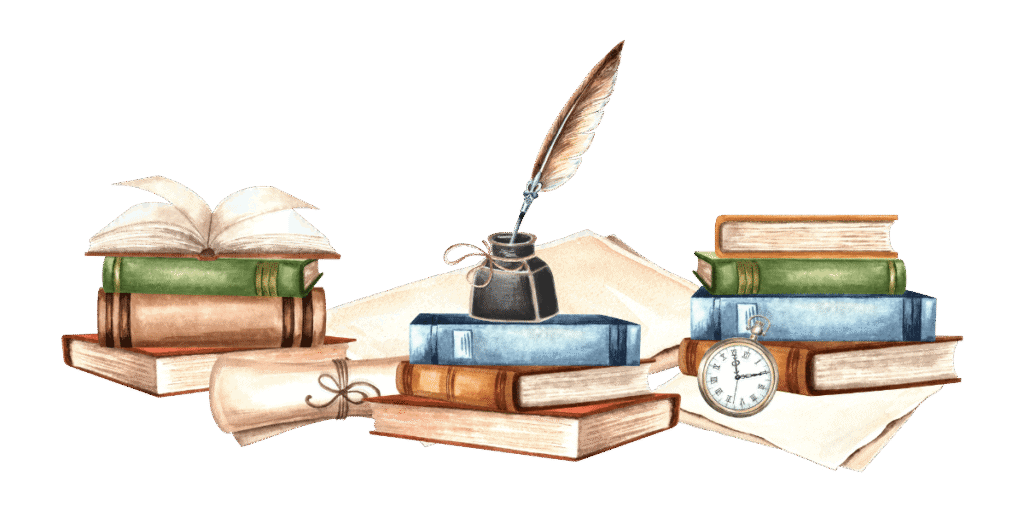
Many of the things people say they’d do if money wasn’t an issue could be done now, at least partially. The evening writing sessions. The weekend volunteer work. The longer phone calls with distant friends. The walks that prioritize reflection over exercise goals.
Sometimes the biggest barrier isn’t financial but psychological. The belief that we need to earn the right to pursue what matters to us, that meaningful work must wait until after we’ve achieved financial security, and that creativity is selfish unless it generates income.
But financial security is often a moving target that shifts just out of reach as circumstances change. The house that seemed adequate suddenly feels too small. The salary that once felt generous becomes barely sufficient. The retirement fund that looked promising gets depleted by unexpected expenses.
What would you actually start doing today if you gave yourself permission?
Your Turn to Dream Out Loud
So here’s the invitation: What would you do if money wasn’t an issue? Not the fantasy version with private jets and mansions, but the honest version that reflects who you really are and what you actually value.
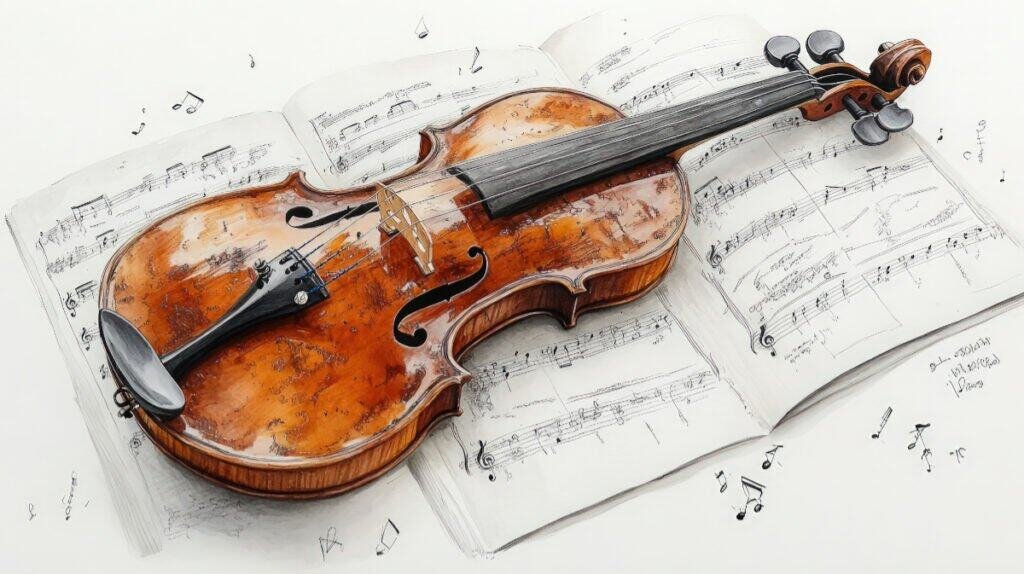
Would you work less or work differently? Stay where you are or explore new places? Spend more time with people you love or pursue solitude you’ve been craving? Create something beautiful or learn something challenging?
There’s no right answer, only your answer. And sharing it might give someone else permission to dream a little more boldly about their own authentic life.
What would you choose if money wasn’t a factor?

Share your thoughts below. It’s free! I respond to every comment, and your experience often helps others more than mine does.



